Guest Feature | Lotfi Wada
Goal in collaboration with African Football HQ , are delighted to present the latest instalment of our series celebrating the greatest club sides in the history of the continent’s game.
We've now entered the Top Five of our countdown, and take the opportunity to put the spotlight on FC Hafia's iconic team of the 1970s, a collective who will always be remembered as Guinea's greatest, having broken new ground in continental competition.
Follow the team at African Football HQ for some of the finest news and stats related to the continental game.
Souleymane Cherif, Petit Sory, Papa Camara, Maxime Camara, Mamadou Aliou Keita, N'Jo Lea, Morcire Sylla, Bengaly Sylla, Smith Samuel, Mory Kone and Ousmane Tolo Thiam: the names who placed Guinea on the African football map in the 70s, taking them to the pinnacle of the continent.
All those talents were players of Hafia Conakry, the domestic heavyweights who dominated the African Cup of Champions Cup for the best part of six years, and fully deserve their place in fifth spot in our ranking of Africa’s greatest club teams.
Comfortably making it to semis in ‘72, Souleymane & co faced Congolese giants Tout Puissant Mazembe, advancing due to the Central Africans’ refusal to play the second leg—amidst complaints about the referees—despite losing the first leg 3-2 in Zaire.
Qualifying in a curious fashion for their first final, Hafia took this opportunity to win their African title with both hands.
They did the double over Simba SC of Uganda to win the first of their three titles.
Returning to 1972’s heights, and powered by the same heroes, Hafia went all the way to the latter stages again in 1975.
They defeated title holders CARA Brazzaville via penalties en route to the final, where they then faced Nigerian heavyweights Enugu Rangers.
Taking a slim 1-0 advantage in the electric Surulere didn’t strike fear into the dazzling Guineans who would, courtesy of Petit Sory and Thiam Tolo goals, get their hands on a second continental crown.
It would set them on their way to a four-year spell of utter domination.
Entering the 1976 edition as arch favourites, and containing a large part of the Guinea national team who missed out on the Africa Cup of Nations title by a single point, Hafia stormed their way to the final.
In the first leg they defeated beginners MC Algiers to move to within touching distance of a third crown.
However, their comfort proved to be misplaced, as they crumbled in the last 15 minutes at the Stade du 5 Juillet, despite having nine fingers on the trophy.
They conceded late, missed a penalty, and were subsequently defeated in a shootout beneath the watching gaze of Algerian president Houari Boumediene.
It was a bitter disappointment for the Guineans, who had arguably been the outstanding team of the campaign…at least until the death.
Returning to the final in 1977 with the same eye-catching team, a Hafia side desperate to make amends would set up a meeting with Hearts of Oak.
Obvious favourites due to the difference of pedigree and the experience, their road to the final had been bumpier than during previous campaigns.
Hafia, playing a fourth final in six years, took a 1-0 advantage during the first leg in Ghana, and appeared well placed to bring home the title.
Powered by goals from Naby Camara, Seydouba Bangoura and Sylla, Hafia won 3-2 on the day, and 4-3 on aggregate, to became the first African club to win the holiest of the African grails thrice after receiving the trophy and being celebrated, as a model of Guinean success, in a glamorous banquet laid on by the late Guinean leader Ahmed Sekou Toure.
1978 would prove to be the swansong of this outstanding generation of Guinean footballers. Reaching their fourth final in a row (the second club to do so after Mazembe between 1967-1970), Hafia’s Galacticos were kept at bay home and away by Canon Yaounde in what was undoubtedly a passing of the torch between two of the greatest African club football dynasties.
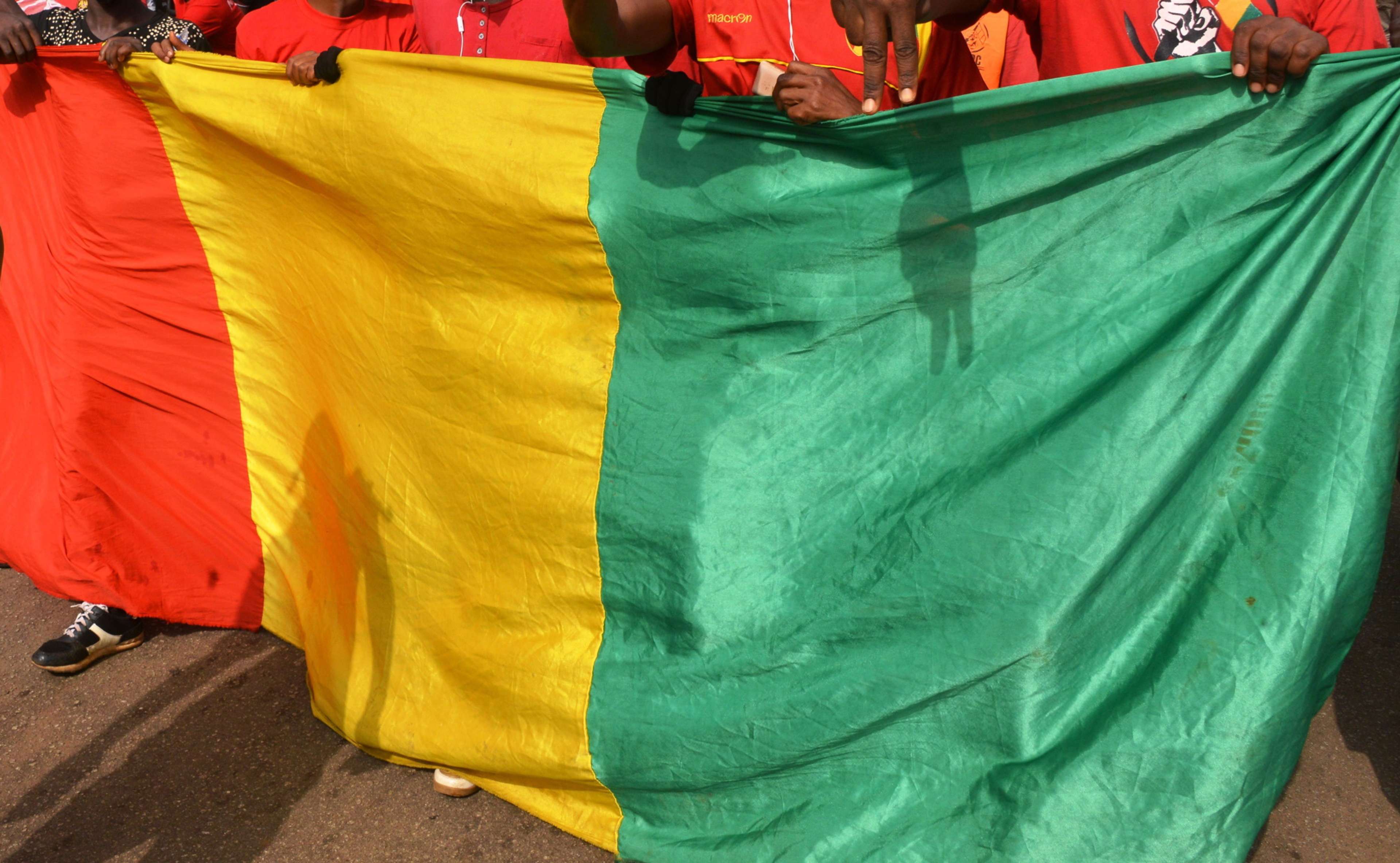
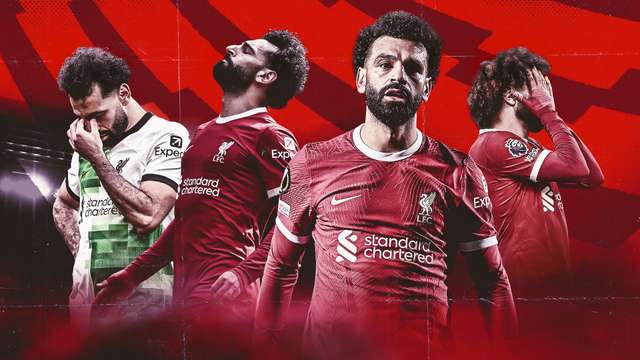
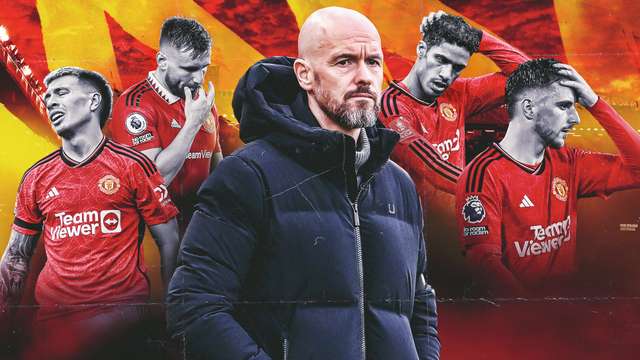
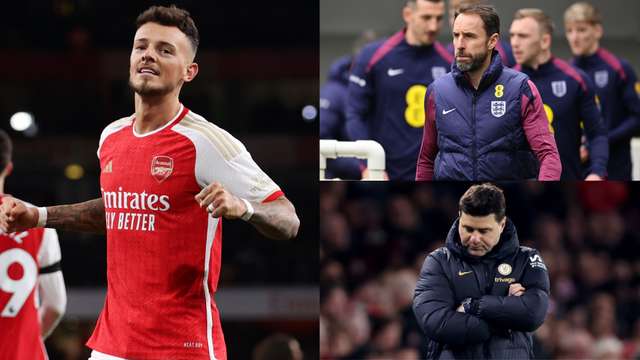
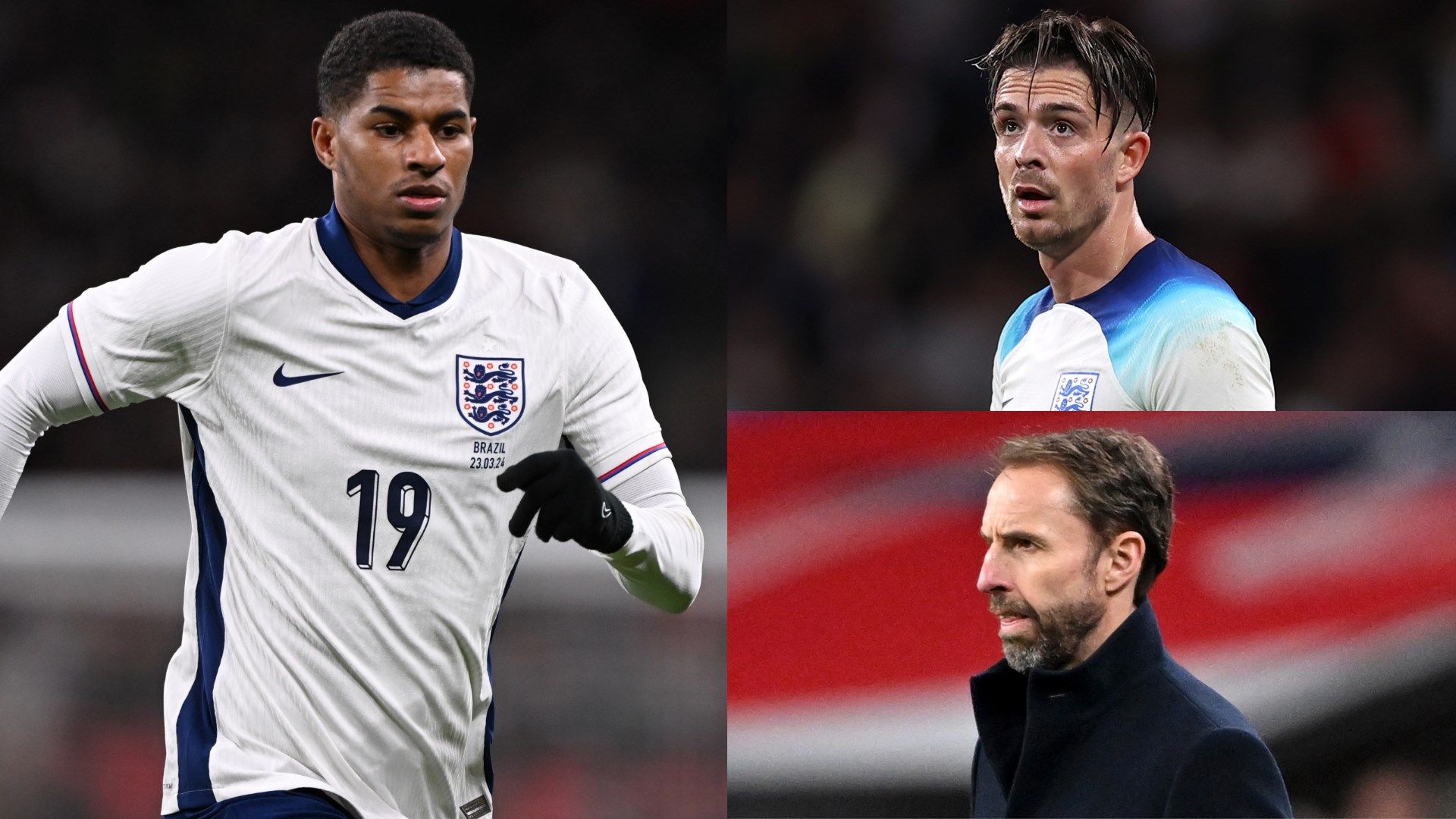.jpg?auto=webp&format=pjpg&width=640&quality=60)